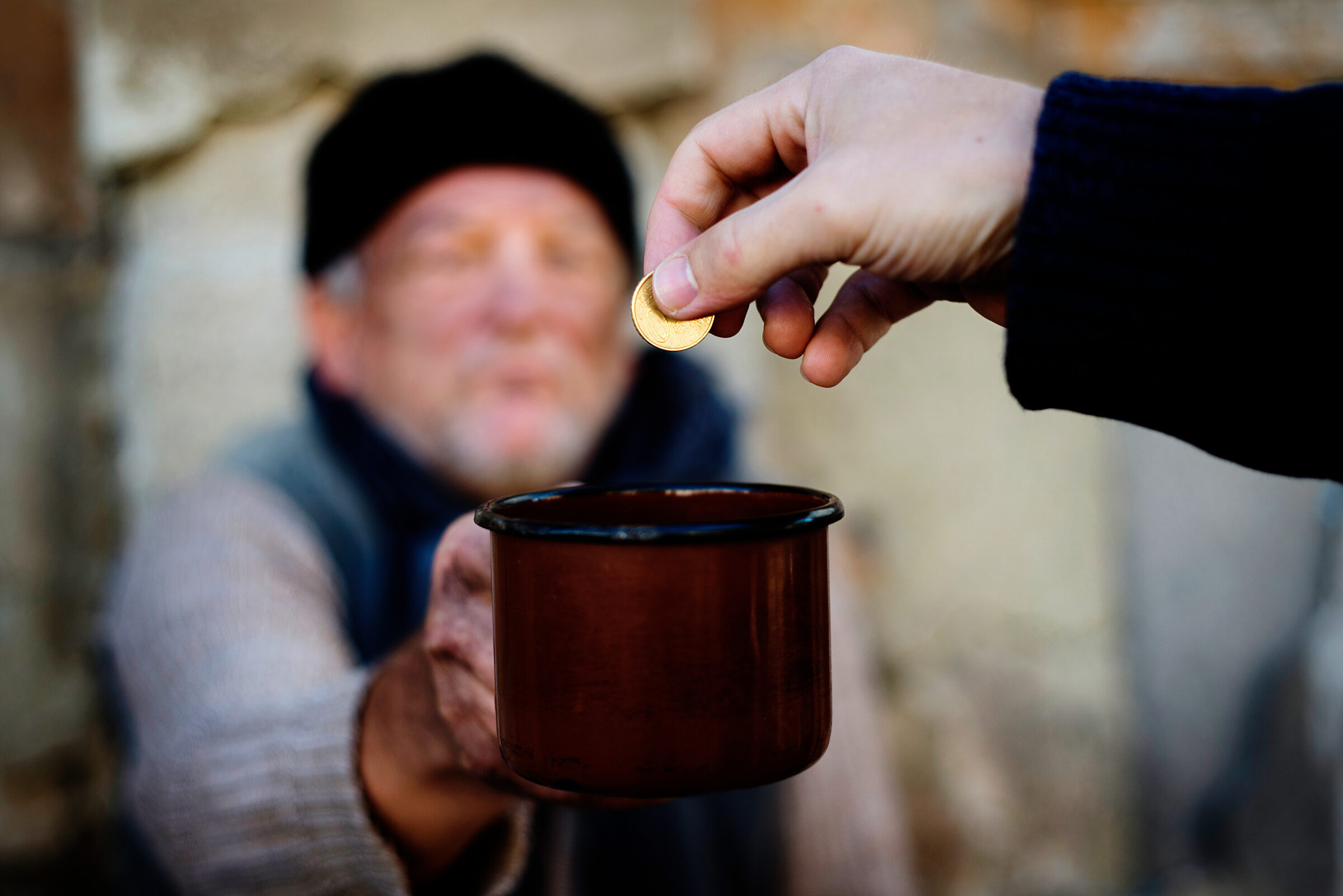What the Homeless Owe Us
Originally published at The Epoch TimesWe often hear about what “we”—i.e., society—owe the homeless. But we rarely discuss what the unhoused owe us. It’s time for that to change.
This is a matter of great urgency. Some of our (once) most prosperous and beautiful cities—San Francisco, Los Angeles, Seattle, etc.—are imploding under the pressure of squalid homeless squatter camps, populated largely by openly drug-addled or mentally ill people who befoul the sidewalks with human waste, litter the streets with needles used to shoot up drugs, and generally create such a threatening atmosphere that once thriving downtown centers are becoming “no go zones.”
The homelessness crisis has many individual causes: untreated mental illness, drug addiction, domestic violence, economic hard times. But bad public policies, particularly a misguided approach to helping the homeless known as “Housing First,” must take a large share of the blame.
Housing First has a nice-sounding name. After all, what do homeless people need foremost? A roof over their heads. But that isn’t all they need. Alas, Housing First should be renamed Housing Only as it was designed in a way that almost guarantees to make the crisis worse instead of better.
Here’s the heart of the problem. Housing First approaches homelessness as exclusively an issue of providing shelter. Throw enough money into taxpayer-subsidized housing vouchers, the theory goes, and people will quickly grab the offered help and get back on their feet. Never mind that the crisis is largely caused by anti-social and dysfunctional personal behaviors. The fix is merely a matter of giving people a free place to live.
Furthering the crisis, Housing First requires nothing in return from the people who are being helped. Worse, thanks to federal rule changes by President Barack Obama in 2013, any homelessness assistance program that receives federal money can only apply the Housing First formula that forbids requiring any conditions in return for housing assistance. Recipients of such aid, for example, can’t be required to attend drug rehabilitation programs, look for work, or even take their mental health medicines as directed by a doctor.
Supporters of Housing First promised that the program would solve the homelessness crisis by 2023—in other words, right now. Alas, not only has homelessness not been alleviated, but the crisis has also grown much worse.
The time has come finally for those who truly care about the homeless to admit Housing First is not only an abject failure, but also an astonishingly expensive one. How expensive? A story in the Los Angeles Times last year revealed that each unit of homeless housing in the city funded by a passed bond issue cost up to $837,000 per small single-apartment unit. To say the least, this isn’t “affordable housing,” at least not for the taxpayers.
If we genuinely care about those living on the streets, we will pursue a different policy that doesn’t only help homeless people find proper shelter but also places a concomitant duty on them to participate in programs aimed at improving their own lives, which can be the key to regaining self-respect. And make no mistake, self-respect is what’s required to cure the underlying causes of homelessness. It takes excruciating self-loathing for a person to defecate on public sidewalks, shoot up with poisonous drugs, engage in rampant criminality, or otherwise live irresponsibly because of mental illness or dissipation that leaves these poor people literally dying on the streets. Providing housing vouchers alone is clearly inadequate for the gargantuan task at hand.
Thankfully, there’s a new bill in the House of Representatives sponsored by Andy Barr (R-Ky.)—called “Housing PLUS”—that would promote personal responsibility among homeless people as they’re being helped to get off the streets. In contrast to Housing First, Housing PLUS would allow programs receiving government funds to condition their assistance on recipients working to help themselves as they’re being helped. Indeed, the bill would prohibit the Department of Housing and Urban Development (HUD) from refusing federal grants to housing providers that require recipients to participate in programs to overcome the behavioral causes of their own homelessness, such as addiction treatment, mental health care, and job counseling. Nor could the government forbid programs from requiring sobriety among participants.
Perhaps just as importantly, Housing PLUS would eliminate the current discriminatory policy that forbids providing homelessness program grants to faith-based organizations. This would mean that service programs with a proven track record of success in helping the homeless turn their own lives around—such as the Salvation Army—will be able to qualify for federal grants, thereby allowing greater mobilization of those committed to helping ease the crisis among the unhoused—and greater competition among providers based on results.
The bill also puts its money where its directives are by requiring the HUD Secretary to allocate no less than 30 percent of funding to recipients that provide, or facilitate access to, such wraparound services. In other words, unhoused people would still receive housing assistance, but, perhaps equally importantly, be able to more easily obtain help transforming their own lives in ways in which they can take pride.
It’s crucial for the country that Housing PLUS replace Housing First. Not only because it will materially help those who are currently unhoused, which is an urgent task, but also as a means of saving our cities that are literally drowning in the muck generated by tens of thousands of homeless individuals huddled in tents, parks, alleyways, and subway stations.
The question thus becomes: Do we love our homeless countrymen and women enough to insist that as we provide roofs over their heads, they also diligently engage in programs to restore themselves to lives of dignity and personal self-respect?
